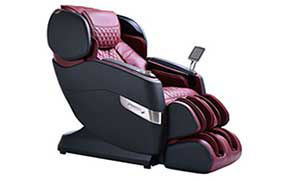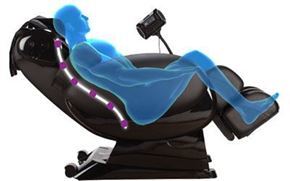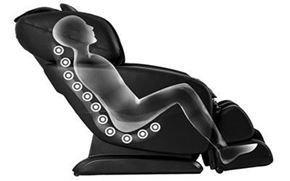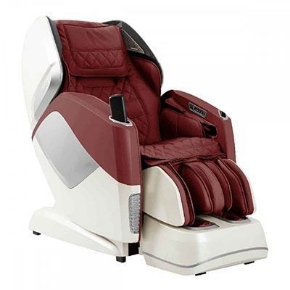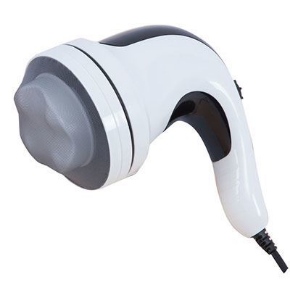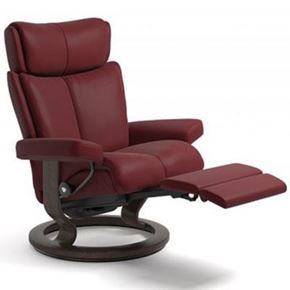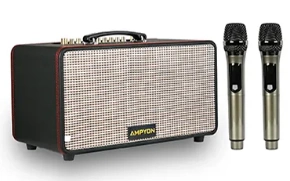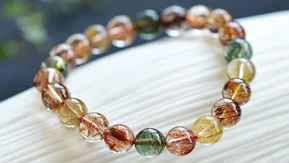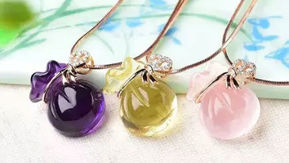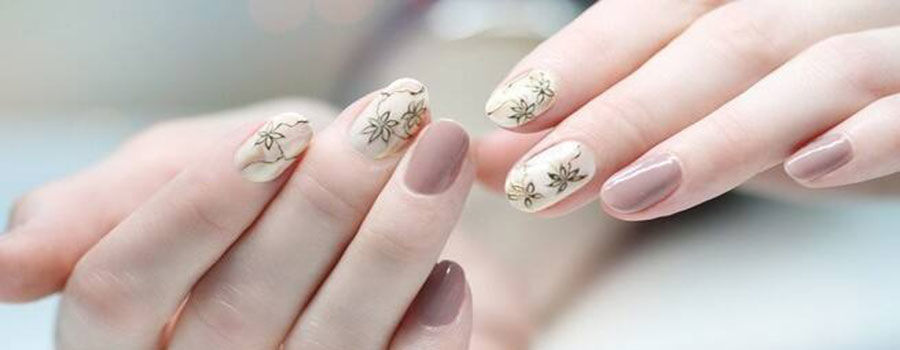
The freeze weather of the winter does not only damage to health, skin but also to fingernails and toenails. Frequent contact with the cold weather makes the structure and membranes of nails affected seriously.
Brittle Splitting Nails
In regular weather, a healthy nail set contains an average of 18% water and 5% natural oil. However, in the winter the levels of water and oil reduce, causing the humidity shortage of the nails.
Besides, in winter, the nails are affected by the continuous changes of the temperature, such as the sudden contact with the cold and then hot water, the switch between the warm indoors and cold outdoors.
All of the factors are the reasons for the brittle and easy-to-crack nails during winter.
Fungal nails
Low humidity of winter is the favourable conditions for bacteria, nail fungus to activate. Contacting with humid environment or wearing gloves often without cleaning frequent would create the humid environment for the bacteria activate onto the structure of nails.
Once infected by fungus, the nail surface is ridge, lined (vertical or horizontal). The damaged part usually is brightly yellowish or black and smelled badly. Under the damaged one, there is
Bare foot walking in humid environment in cold-dry weather is easier to let the fungus develop and spread from toe to toe.
Raynaud’s phenomenon
Raynaud’s phenomenon is an issue damaged to not only nail – health but also your hands.
When the body overacts with the cold, it could not deliver enough blood to the limbs. Thus the heads of fingers and toesbecome cold, frozen and change their colors into white or purple. This phenomenon happens from few minutes to an hour, and normally it stops when the hands are warm and the blood flow works again.
Wearing gloves is the effective way to keep warm in winter, which supports the blood delivery to all the limbs evenly, and guarantees the pink for nails and palms.
Preventive methodology
To keep nails healthy in winter, you have to do a good care and right protection to your nails:
Cut and trim your nails frequently. If you do it at home, you should sterilize the tools carefully. Clean your feet and hands every day and always keep them warm and dry.
Change socks every day to avoid creating good environment for nail fungus development. Use cotton or wool gloves or socks, they help absorbing the moist.
Wear the right size of foot gears. Avoid wearing shoes and/or footgear too tight, which prevents the “breathe” of the nails but encourages fungus.
Avoid bare foot walking in wet area. Using shower shoes or flip flops to keep the feet away from directly contacting to floor.
Use often a hand moisturizer - contains alpha hydroxyl acids or lanolin, especially after contacting with water and cold air. Every night, soak hands in warm water for 10 minutes then apply lotion or oil to nails (olive oil, coconut oil, jojoba oil, sheabutter)
Take 2,5 mg Biotin (vitamin) every day: nourishhealthy nails, reduce the dry and brittle accountably.
Winter is always a phobia for health, skin and to whom that love beautifying, including nail caring. With a little more patient and carefulness, we can nourish our nails in cold winter; keep our love of beautifying ourselves.



